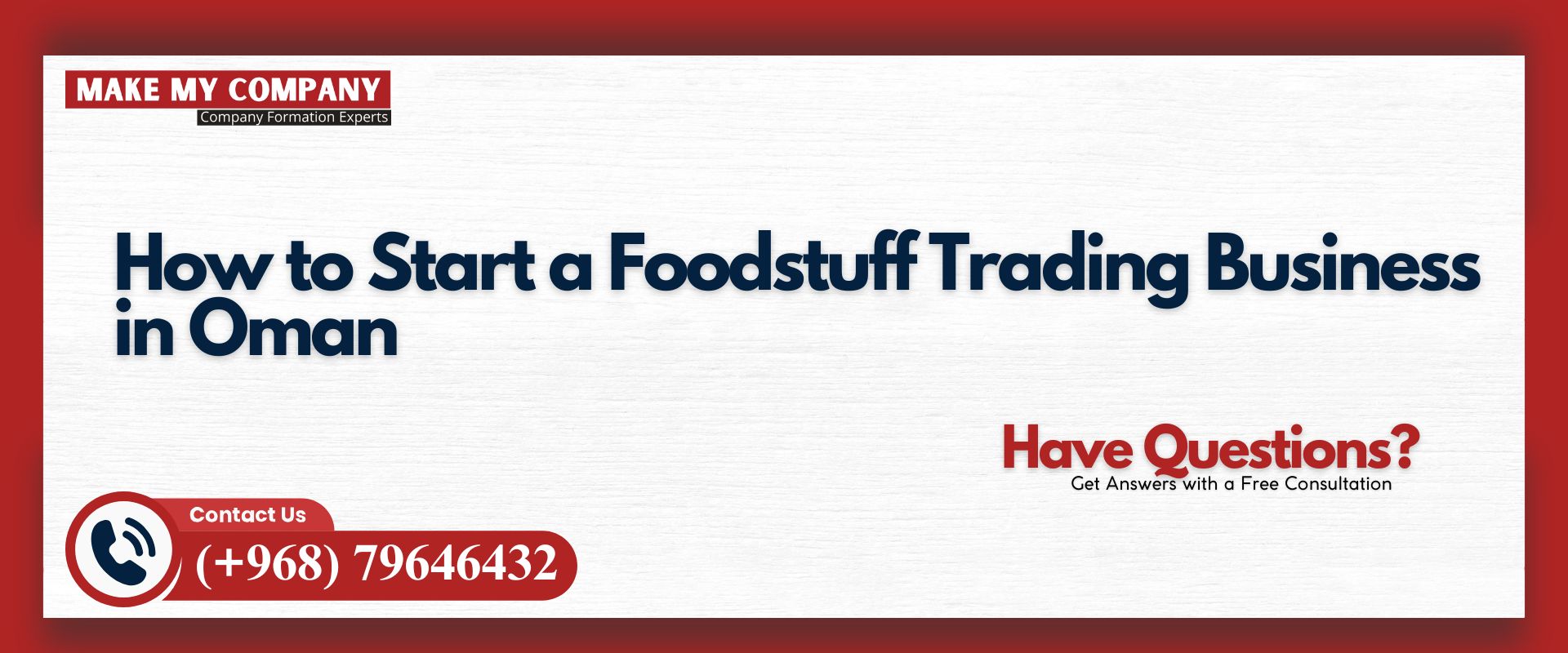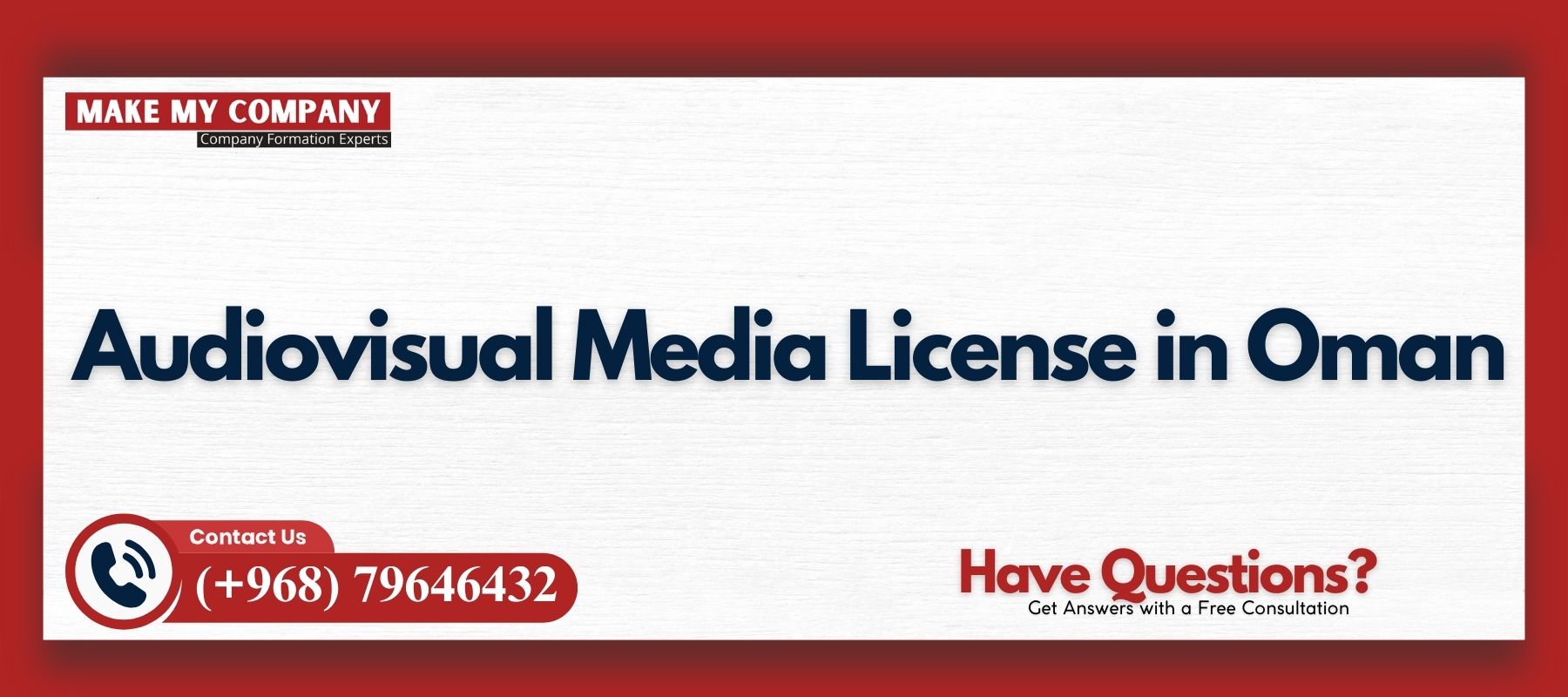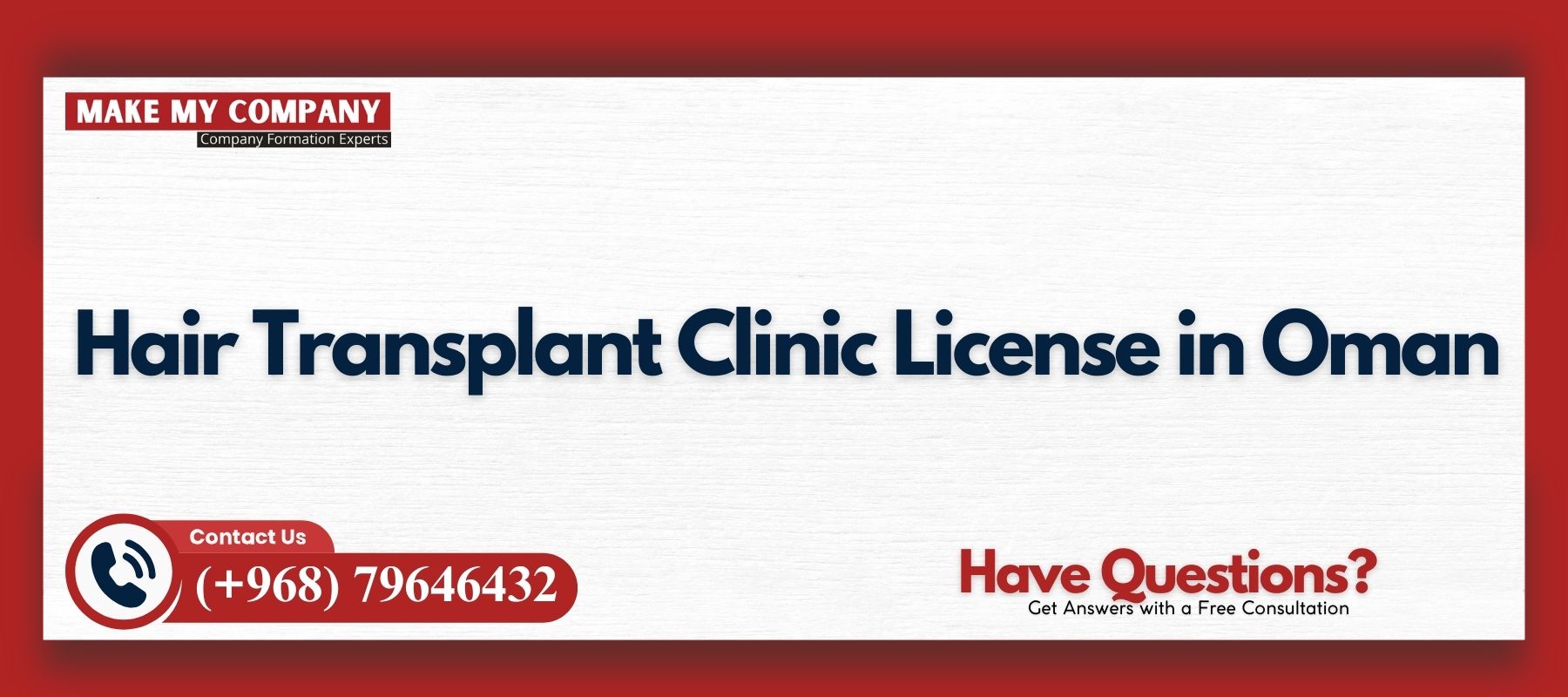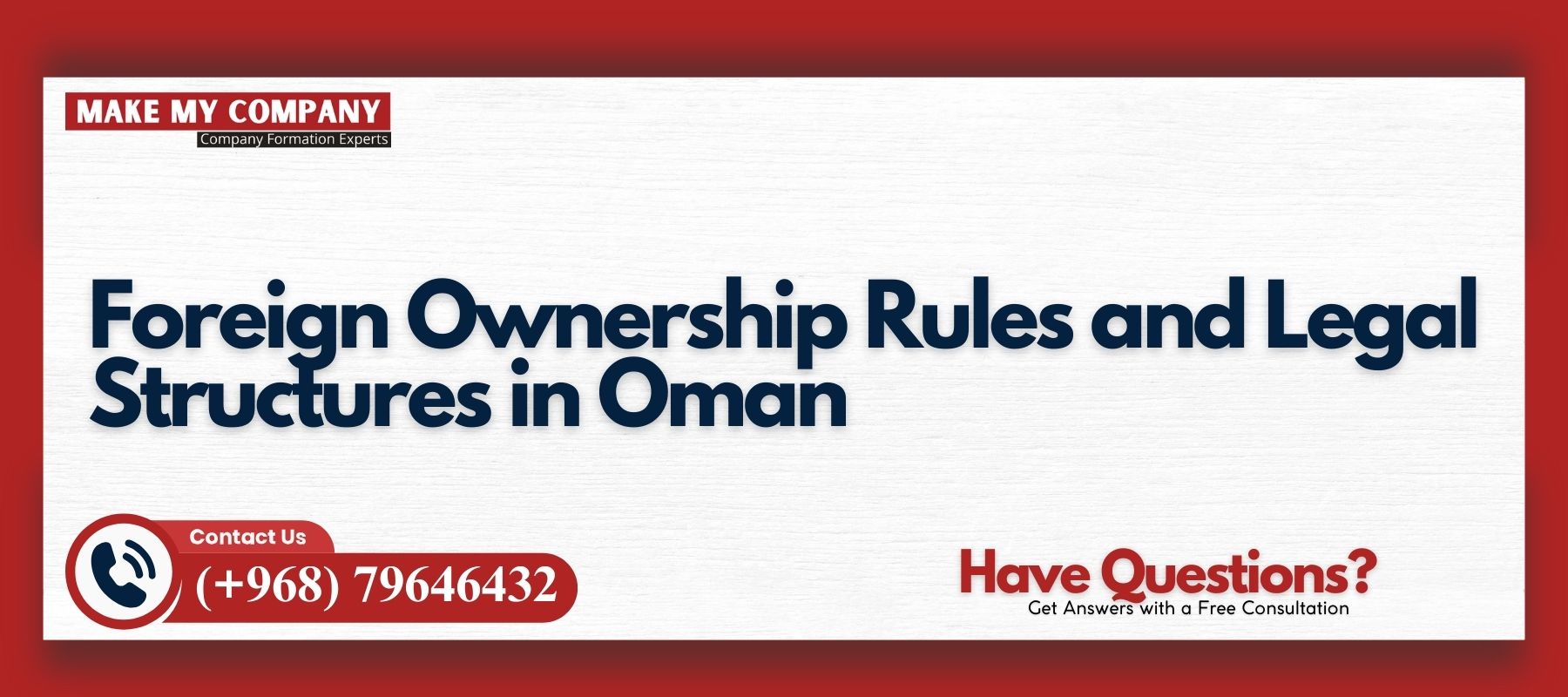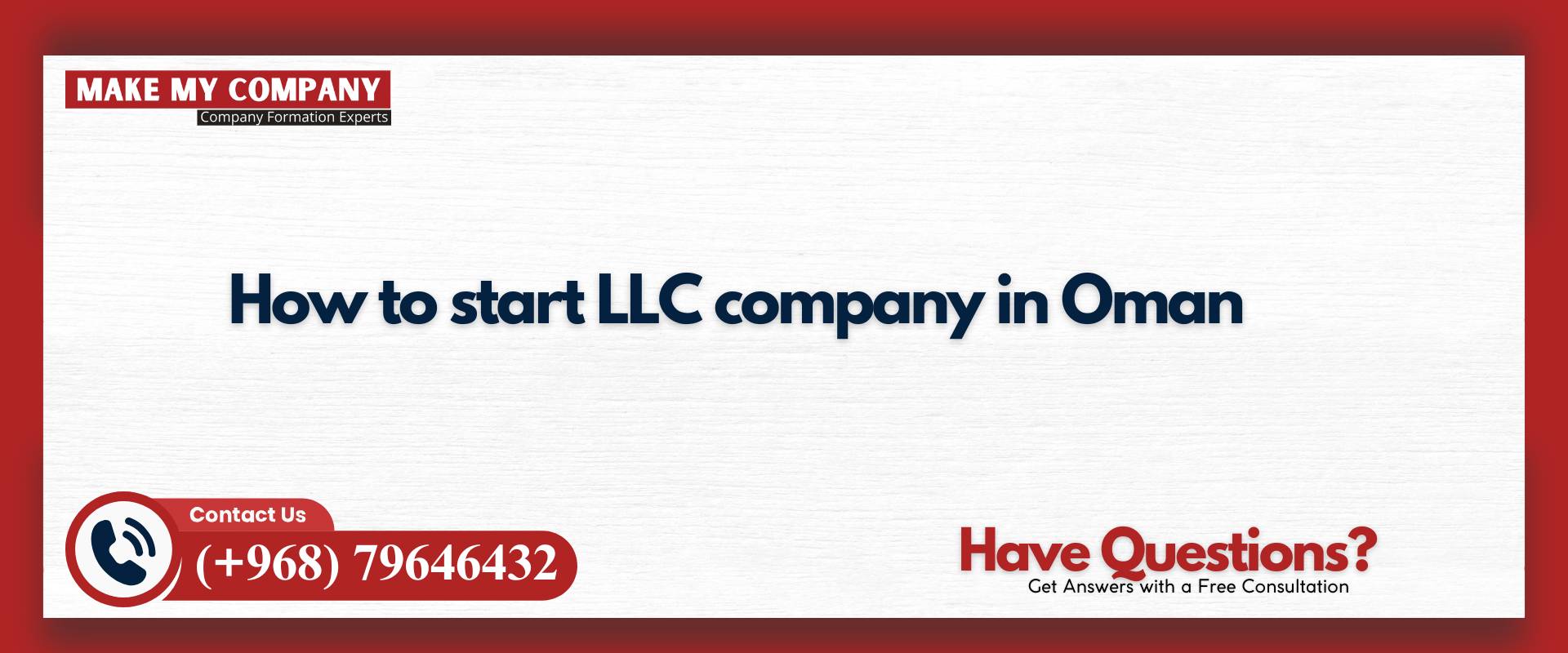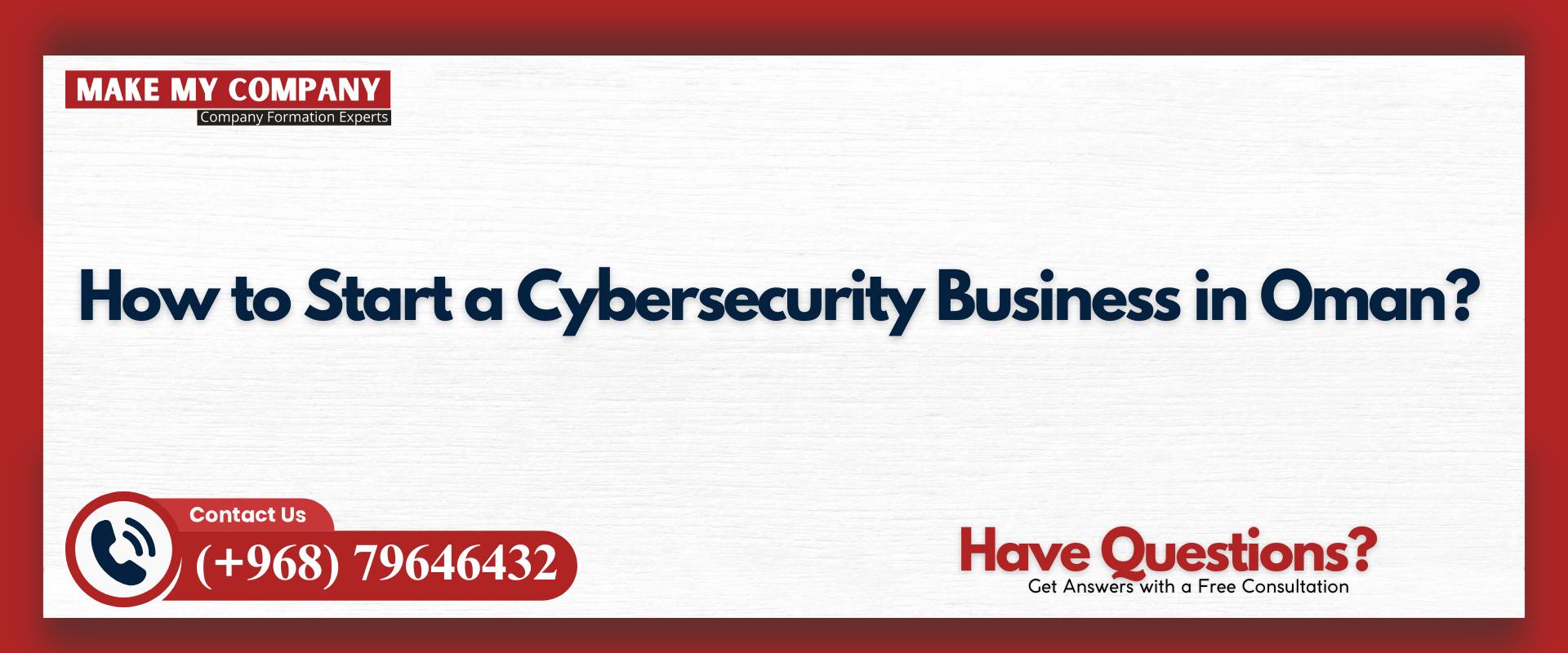Oman’s strong economy, strategic location, and rising demand for quality food products make it one of the best countries in the GCC for starting a foodstuff trading business. With a population that relies heavily on imported food, Oman presents huge opportunities for entrepreneurs who wish to trade, import, distribute, or export food products across the region.
Suppose you plan to start a foodstuff trading business in Oman. In that case, this comprehensive guide explains everything — from getting your trade license to meeting food safety regulations, import permits, and distribution setup.
Table of Contents
Understanding the Foodstuff Trading Market in Oman
The foodstuff trading market in Oman is one of the most stable and profitable sectors in the country’s economy.
The Growing Demand for Food Products
Oman imports almost 90% of its food requirements, including grains, fruits, vegetables, meat, dairy, and packaged goods. With continuous population growth, tourism, and urbanisation, the demand for food trading companies in Oman has risen significantly.
Supermarkets, hotels, and restaurants rely on food importers and distributors to supply fresh and packaged goods year-round.
Why the Foodstuff Business Is Profitable in Oman
Oman’s government supports food security and trade diversification as part of Vision 2040. The focus is on private sector participation, logistics development, and smoother import/export regulations. These policies make it easier and more profitable to establish a foodstuff trading company in Oman.
Why Start a Foodstuff Trading Business in Oman
Setting up a foodstuff trading business in Oman provides multiple advantages for both local and international investors.
Strategic Location and Global Connectivity
Oman sits at the crossroads of major shipping routes between Asia, Africa, and the Middle East. Ports like Sohar, Salalah, and Duqm make it easy to import and export goods quickly and efficiently.
This logistics advantage helps food traders access regional and international markets seamlessly.
Stable Economy and Growing Retail Sector
Oman’s stable economy, modern infrastructure, and expanding retail network make it a prime location for food distribution companies. The country’s food retail market is expected to grow steadily, driven by increased consumer spending and tourism.
Investor-Friendly Regulations
The Omani government encourages foreign investment through simplified company registration, 100% foreign ownership in free zones, and flexible visa policies. These benefits make it easy to set up a trading company in Oman without major obstacles.
Types of Foodstuff Trading Businesses in Oman
Before applying for a foodstuff trading license in Oman, you must decide what type of business you want to operate. The structure depends on your products, market, and investment capacity.
Food Import and Export Business
Involves importing food from international suppliers and exporting to other GCC or global markets. This is ideal for entrepreneurs dealing in bulk commodities like grains, rice, or packaged foods.
Wholesale Food Distribution
Focuses on supplying large quantities of products to hotels, restaurants, supermarkets, and catering companies. This is a profitable sector in Muscat and other major cities.
Retail Food Trading
Includes grocery stores, mini-markets, and specialty stores selling imported goods directly to consumers.
FMCG Trading Business
Fast-moving consumer goods (FMCG) include snacks, beverages, dairy products, and frozen foods. These items are in high demand throughout Oman.
Organic and Health Food Trading
With growing health awareness, organic and gluten-free food trading is an emerging niche with strong profit margins.
Legal Requirements for Foodstuff Trading in Oman
To operate a food trading company in Oman, you must comply with specific laws regulated by the Ministry of Commerce, Industry and Investment Promotion (MOCIIP) and the Ministry of Agriculture, Fisheries, and Water Resources (MAFWR).
Licensing Authority
The MOCIIP is responsible for issuing trade licenses for companies. Food safety and import approvals come under the MAFWR and the Oman Customs Authority.
Trade License Categories
Depending on your business activity, you can apply for:
- Foodstuff Trading License
- Import and Export License
- Wholesale and Retail Trading License
Each license allows you to buy, sell, and distribute food products within Oman and abroad.
Step-by-Step Process to Start a Foodstuff Trading Business in Oman
Starting a foodstuff trading business in Oman involves a structured process with multiple government approvals. Here’s a complete breakdown:
Step 1: Choose the Type of Food Business
Decide whether you want to import, distribute, or sell food directly. Your business activity must match your license category.
Step 2: Choose the Business Structure
Select the legal structure for your company, such as:
- Limited Liability Company (LLC)
- Sole Proprietorship
- Partnership Firm
- Free Zone Company
An LLC setup in Oman is the most common structure for trading businesses.
Step 3: Reserve a Company Name
Choose a trade name that follows Oman’s business naming regulations. The name should not conflict with existing businesses or contain prohibited terms.
Step 4: Register the Company
Submit incorporation documents to MOCIIP, including shareholder details, business plan, and Memorandum of Association (MoA).
Step 5: Obtain the Foodstuff Trading License
Apply for your foodstuff trading license in Oman through MOCIIP. The license specifies the type of food products you can trade.
Step 6: Register for Import/Export Activities
If you plan to import or export food, register with Oman Customs and obtain an importer/exporter code.
Step 7: Obtain Health and Food Safety Approvals
The Ministry of Agriculture and Fisheries (MAFWR) inspects and approves food storage, labelling, and packaging facilities before you start operations.
Step 8: Lease a Warehouse or Office Space
Your company must have a registered address and storage area for food items. Cold storage or dry storage must meet hygiene standards.
Step 9: Get Municipality Approval
Local municipalities must inspect and approve your warehouse and packaging areas for cleanliness and safety compliance.
Step 10: Open a Corporate Bank Account
A company bank account in Oman is mandatory for trading operations, supplier payments, and international transactions.
Documents Required for Foodstuff Trading License in Oman
You will need to submit the following documents to obtain your license:
- Passport and visa copies of shareholders and partners
- Memorandum of Association (MoA)
- Tenancy contract or lease agreement
- Business plan outlining food trading operations
- Trade name reservation certificate
- Health and safety inspection report
- Municipal approval certificate
- Import/export registration with Oman Customs
All documents must be notarised and, if foreign, attested by the Omani Embassy.
Cost of Starting a Foodstuff Trading Business in Oman
The cost of setting up a foodstuff trading company in Oman depends on your location, size, and type of license.
Approximate Setup Costs
- Trade License Fee: OMR 1,000 – 3,000
- Office/Warehouse Rent: OMR 5,000 – 15,000 per year
- Equipment and Storage Setup: OMR 8,000 – 20,000
- Registration and Documentation: OMR 1,500 – 3,000
- Visa and Labour Costs: OMR 300 – 500 per employee
Overall, you can start a small-to-medium trading business with an initial investment of OMR 20,000 to 40,000.
Choosing the Right Location for Your Foodstuff Trading Business
Oman offers multiple options for company setup, depending on your business goals.
Mainland Company Setup
A mainland foodstuff trading company can operate across Oman and participate in government contracts. You’ll need approvals from MOCIIP and your local municipality.
Free Zone Company Setup
Oman’s free zones — such as Sohar Free Zone, Salalah Free Zone, and Duqm SEZ — allow 100% foreign ownership, zero customs duty, and simplified logistics.
Free zones are ideal for food import and export businesses.
Food Import and Distribution Process in Oman
If your business involves importing food products, follow these key steps:
Importer Registration
Register your company as an importer with Oman Customs and the Ministry of Agriculture, Fisheries and Water Resources.
Product Approval
Each food product must be approved before import. Provide product specifications, ingredients list, origin certificate, and health certificates.
Food Labelling Requirements
Labels must include:
- Product name and brand
- Ingredients and nutritional information
- Production and expiry date
- Country of origin
- Importer’s name and contact
All information must be in Arabic and English.
Customs Clearance
Submit all necessary documents at the port of entry. Customs authorities inspect and verify the shipment before release.
Food Safety and Quality Regulations
Compliance with Oman’s food laws is mandatory to maintain your license and brand reputation.
Food Safety Law
The Omani Food Safety Law (Royal Decree No. 84/2008) governs food production, import, packaging, labelling, and distribution.
Violations can result in fines or suspension of operations.
Storage and Hygiene Standards
Food warehouses must meet temperature control and sanitation guidelines. The municipality and health authorities conduct regular inspections.
Expiry and Waste Management
Expired or damaged food items must be disposed of under approved waste management systems.
Marketing and Distribution Strategies for Foodstuff Trading Businesses
Success in the Omani foodstuff market depends on brand reputation, distribution efficiency, and market visibility.
Building Business Relationships
Partner with supermarkets, hypermarkets, hotels, and restaurants to supply your products. Networking with distributors increases your reach.
Brand Development and Packaging
Attractive, informative packaging with proper labelling helps establish trust with customers.
Digital Marketing and Online Presence
Create a professional website showcasing your products. Use SEO keywords such as “foodstuff trading in Oman” and “food importers in Muscat” to improve visibility.
Logistics and Delivery
Timely delivery builds credibility. Invest in refrigerated vehicles and warehouse systems to maintain food freshness.
Hiring and Staffing for Your Trading Business
A professional team ensures smooth operations in trading, logistics, and compliance.
Key Roles
- Operations Manager
- Logistics Coordinator
- Sales and Marketing Executives
- Warehouse Staff
- Accountants
Employee Visas
Register your company under the Ministry of Labour to apply for employee visas and labour cards.
Challenges in Starting a Foodstuff Trading Business in Oman
Every business faces challenges — here’s what to expect and how to overcome them.
Import Regulations
Food import requires multiple approvals and inspections. Partnering with experienced Business Setup Consultants can simplify the process.
Market Competition
The market includes large distributors. To compete, focus on quality, reliability, and niche products like organic or specialty foods.
Storage and Transportation Costs
Maintaining temperature-controlled logistics adds to expenses. Choose efficient cold chain systems to reduce spoilage.
Future of the Foodstuff Trading Industry in Oman
The future of food trading in Oman is promising, supported by Vision 2040’s goals of food security and trade growth.
Focus on Local Food Production
The government is investing in agriculture and aquaculture to reduce dependency on imports. However, importers still play a key role in bridging supply gaps.
E-Commerce and Online Grocery Sales
Digital transformation has increased demand for online food delivery and distribution, opening new opportunities for traders.
Sustainability and Organic Food
The global shift toward eco-friendly, organic, and healthy foods is driving a new wave of investment in Oman’s food sector.
Conclusion
Starting a foodstuff trading business in Oman is a lucrative opportunity for entrepreneurs seeking stability and growth in the GCC market. With strong government support, modern infrastructure, and a growing consumer base, Oman provides an ideal environment for food importers, distributors, and wholesalers.
To ensure your setup is compliant and smooth, work with expert Business Setup Consultants in Oman who can help with documentation, licensing, and approvals. At the same time, you focus on growing your business.
FAQs
What license do I need to start a foodstuff trading business in Oman?
You need a Foodstuff Trading License issued by the Ministry of Commerce, Industry and Investment Promotion (MOCIIP) and health approvals from the Ministry of Agriculture and Fisheries.
How much does it cost to open a food trading company in Oman?
The cost ranges from OMR 20,000 to 40,000, depending on the business size, location, and warehouse setup.
Can foreigners own a foodstuff trading business in Oman?
Yes. Foreigners can own 100% of a foodstuff trading company in Oman’s free zones, like Sohar or Duqm.
What documents are required for licensing?
Passport copies, MoA, lease agreement, trade name certificate, and municipal and health approvals are required.
Do I need approvals to import food into Oman?
Yes. Importers must register with Oman Customs and get approval from MAFWR for each product category.
What are the labelling requirements for food imports?
Labels must include the product name, ingredients, expiry date, and country of origin in both Arabic and English.
Is Oman’s food trading business profitable?
Yes. With steady population growth and import dependency, foodstuff trading in Oman remains highly profitable.
Can I sell food online in Oman?
Yes, but you must comply with Oman’s e-commerce and food safety regulations before selling through digital platforms.
What is the best free zone for food importers in Oman?
Sohar Free Zone and Salalah Free Zone are top choices due to their logistics infrastructure and port connectivity.
Why should I hire business setup consultants in Oman?
They simplify the company formation process, handle approvals, and ensure full compliance with local regulations.



